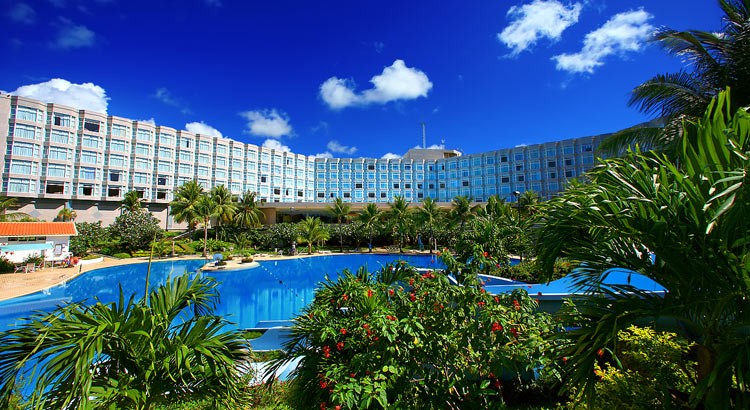Northern Mariana Island’s Tinian Dynasty Hotel & Casino, levied with a record $75 million fine in June, has settled their FinCEN violations with a non-prosecutorial forfeiture agreement of $3.04 million.
Federal agents from the Criminal Investigation Unit of the IRS had found that between 2009 and 2013, the casino failed to file more than 3,600 required Bank Secrecy Act reports for all currency transactions over $10,000. In fact, the business did not develop nor implement any anti-money laundering prevention compliance procedures at all, as the casino’s auditor assumed they were “low priority.”
However, the U.S. government’s report referred to the casino’s actions as “willful and egregious” and detailed several sting operations in which employees provided detailed instructions to patrons for the purposes of conducting large transactions without being reported. In one instance a VIP manager assured an undercover agent that they would not report transactions of large amounts of money.
The casino has since hired the consulting firm Spectrum Gaming Group LLC to provide the necessary guidance for implementing compliance with U.S. anti-money-laundering regulations. Further, a Hong Kong-listed company, Chinese Strategic Holdings Ltd. has filed their plans to assume ownership of the Tinian once the criminal case is resolved.
The Island of Tinian is located in the southern region of the Northern Mariana Island archipelago chain, officially known as the Commonwealth of the Northern Mariana Islands or CNMI, and sits just north of Guam. Both are territories of the United States, and as such they are subject to all financial regulations imposed by the U.S. Government.
Due to the intensity of China’s corruption investigations and prosecutions in recent years, high-stake mainland PRC VIP junket organizers have expanded their offerings beyond Macau and into other SE Asia casino venues. And while Macua’s Chinese territory status has often hindered U.S. fiscal oversight, U.S. officials have full authority to impose strict monitoring intended to curb illegal business activities within U.S. jurisdictions.



